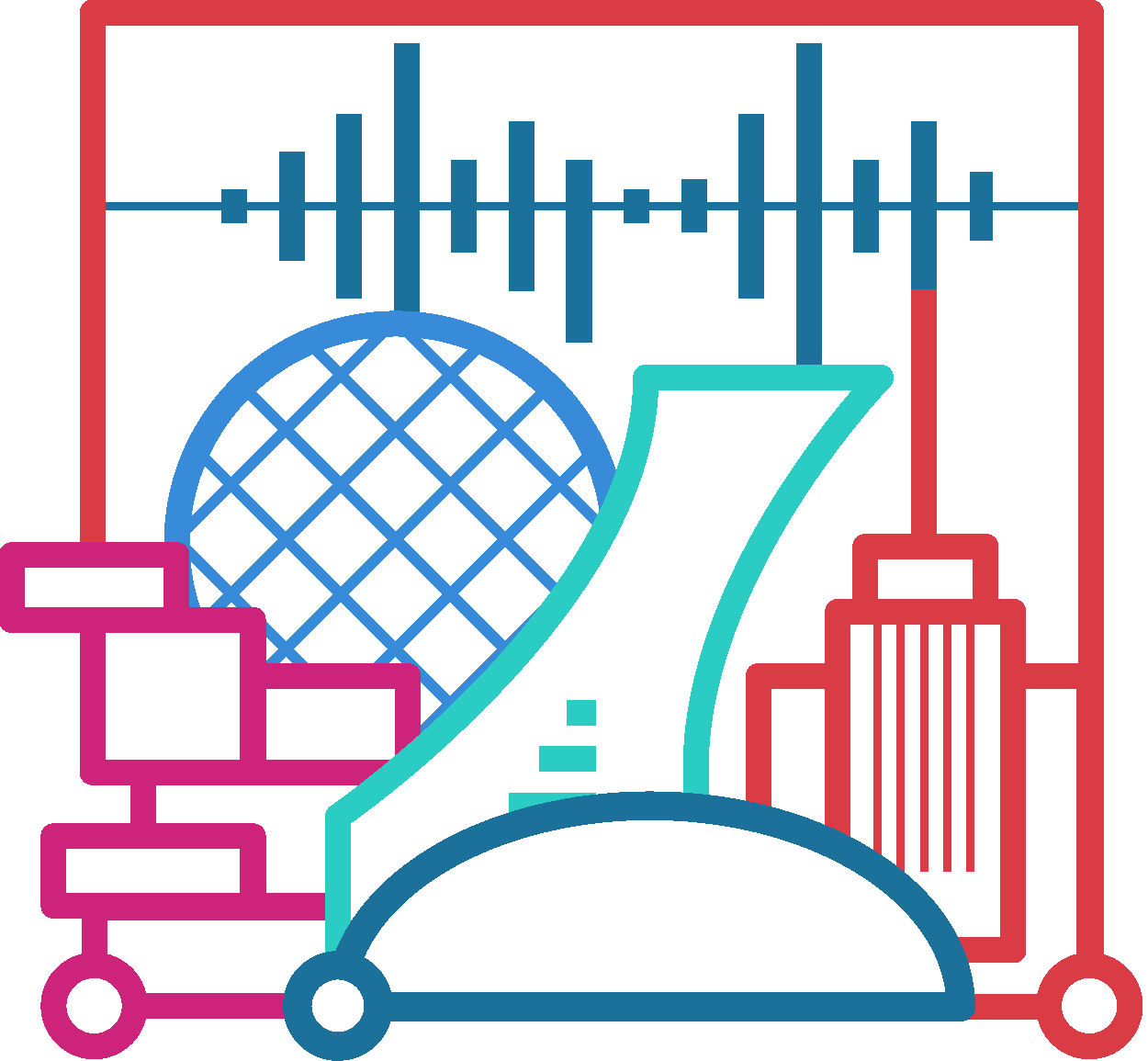The ACA conferences are organized as a series of sessions. Sessions are held in 2 to 3 hour blocks of time, each of which typically consists of either 4 to 6 half-hour talks or a one hour overview and 2 to 4 half-hour talks. These time blocks may include a half-hour break in the middle. Note that the half-hour slot includes time for questions.
It is preferable that sessions have two organizers, one an experienced person and the other a younger colleague or student.
Organizing a session
All interested researchers can propose a session by sending an e-mail to the Program Chairs by February 22, 2019 (extended). The Scientific Committee (ACA Working Group) will then decide on the acceptance of the proposed session. Accepted sessions will be immediately announced on the Sessions page.
A proposal for a session has to include:
- Title of the session;
- Short abstract describing the session;
- Contact information of the organizers.
After the approval of the session, the session organizers will be in charge of:
- Inviting the speakers;
- Approving the talk abstracts;
- Maintaining a web page describing the session with talk abstracts provided;
- Sending the session web page URL and approved talk abstracts to ACA organizers.
The scientific quality of a session is the sole responsibility of the session organizers.
Examples of past sessions
Here is a non-exhaustive list of sessions held in previous ACA conferences. New session proposals related to Computer Algebra are welcome. For more examples of past sessions, you can check ACA 2018 and ACA 2017 sessions as well as other past ACA conferences.
- Algebraic and Algorithmic Aspects of Differential and Integral Operators
- Algorithmic Combinatorics
- Computer Algebra for Applied Physics
- Computer Algebra for Dynamical Systems and Celestial Mechanics
- Computer Algebra in Coding Theory and Cryptography
- Computer Algebra in Education
- Computer Algebra in Group Theory and Representation
- Computer Algebra in Image Processing
- Computer Algebra Modeling in Science and Engineering
- Dynamic Geometry and Mathematics Education
- Gröbner Bases and their Applications
- Numerical Differential and Polynomial Algebra
- Symbolic and Algebraic Computation for Optimization Tasks in Science and Engineering

